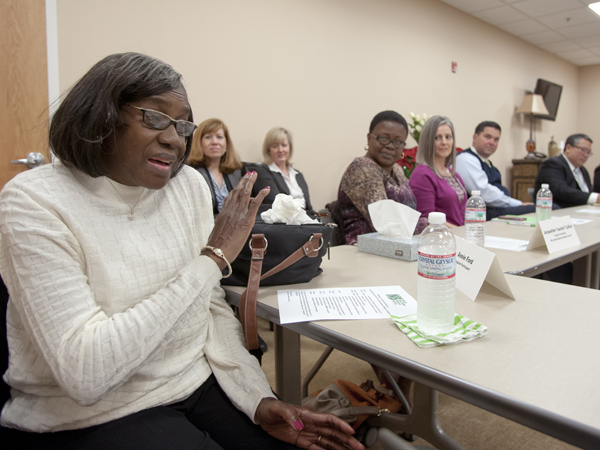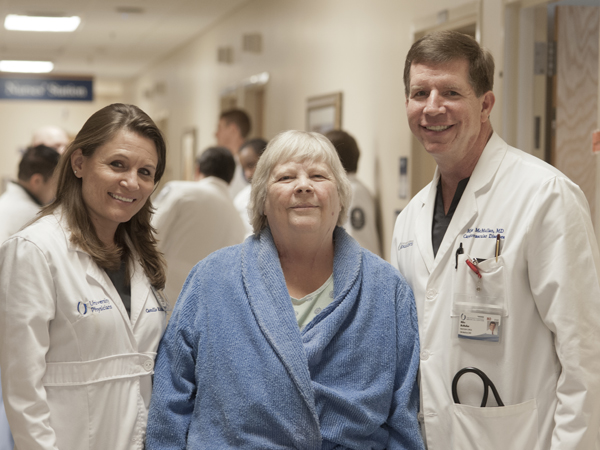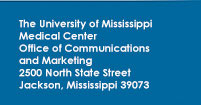|
Natchez retiree Betty Smith loves tending to her garden and enjoying the birds who frequent it.
She and her husband Charles “usually stay in the yard,” Smith said. But in recent months, her health has taken away that joy.
|

|
For Mississippi Delta resident Annie Ford, living with diabetes today is different than it was a few months ago. The recent enrollee in the Diabetes Telehealth Network said she’s learned more about the disease over the last few weeks than she’s known over the last 15 years living with it. “A diabetic can never learn too much,” said Ford. “And I’m trying to learn all I can so I can take care of me.” State and federal officials gathered in the Mississippi Delta on Wednesday to tout the success of the telehealth system that's changing the quality of life for diabetes patients in one of the nation's poorest regions. Gov. Phil Bryant and Commissioner Mignon Clyburn with the Federal Communications Commission traveled to North Sunflower Medical Center to discuss the progress of the program, a partnership between the University of Mississippi Medical Center, the Governor's Office, NSMC, GE Healthcare, Intel-GE Care Innovations and C Spire.
|
|
In the largest study of the genetics of memory ever undertaken, an international team of researchers, including scientists from the University of Mississippi Medical Center (UMMC), have associated two common genetic variants with memory performance.
|

|

|
The Medical Center is proud to announce the following additions to its faculty:
|
























